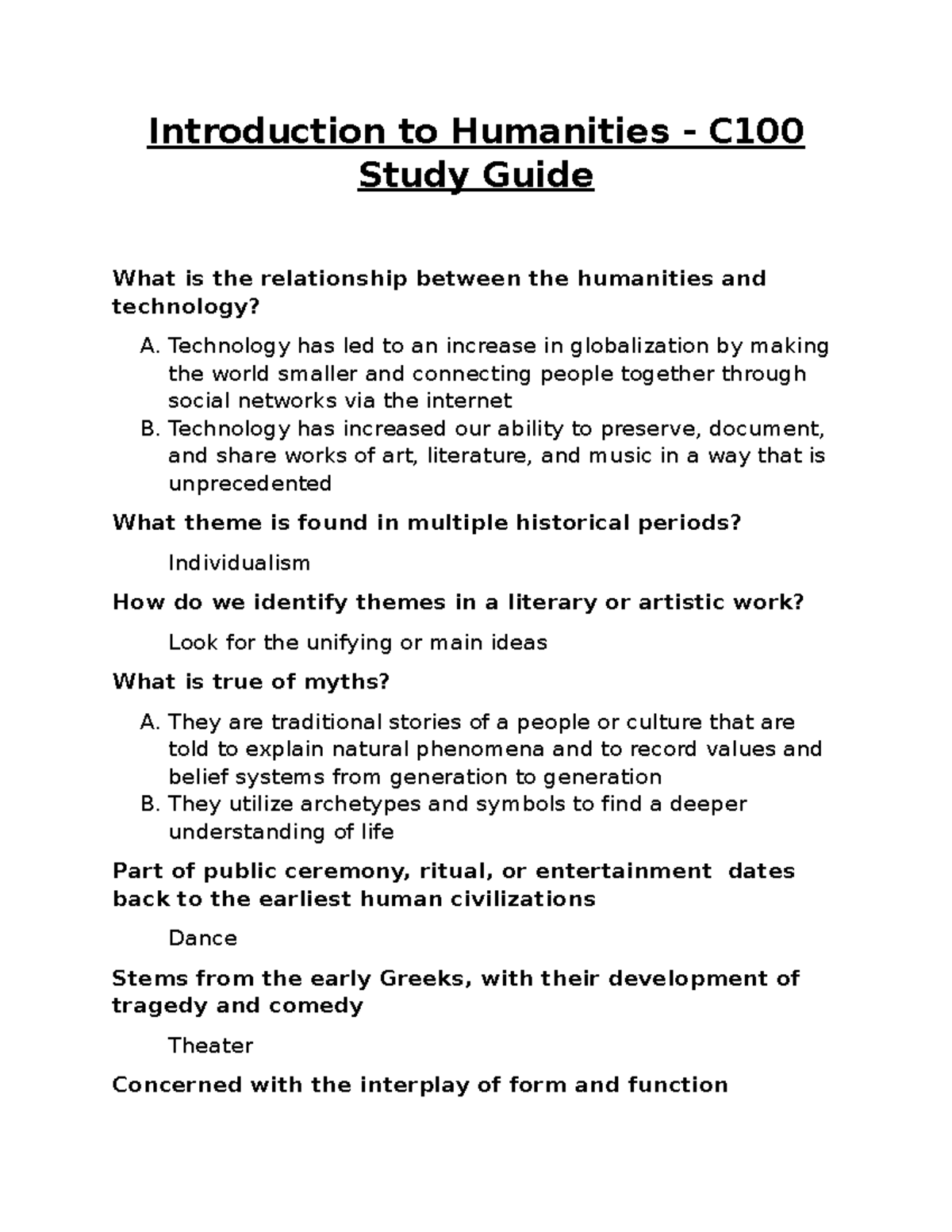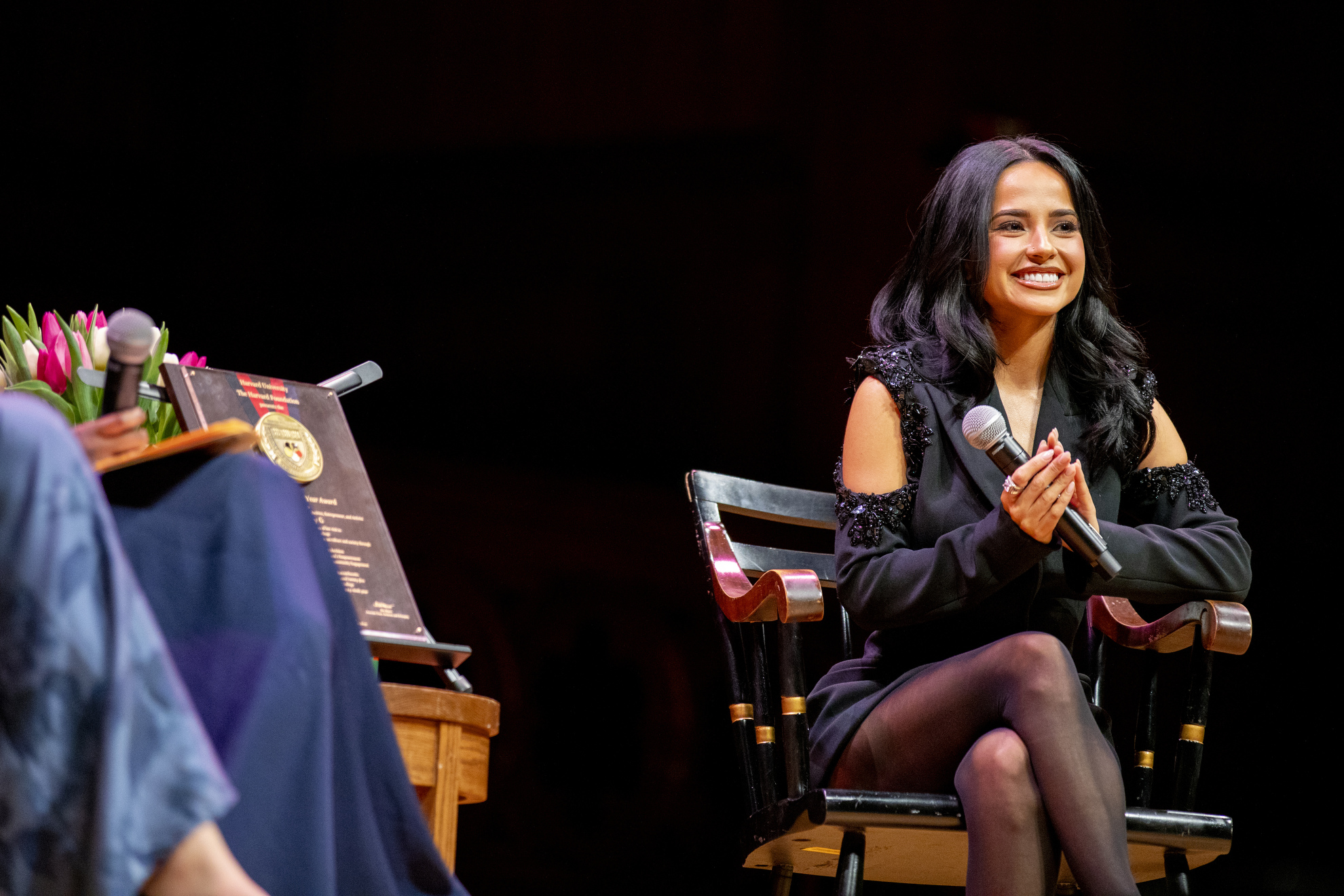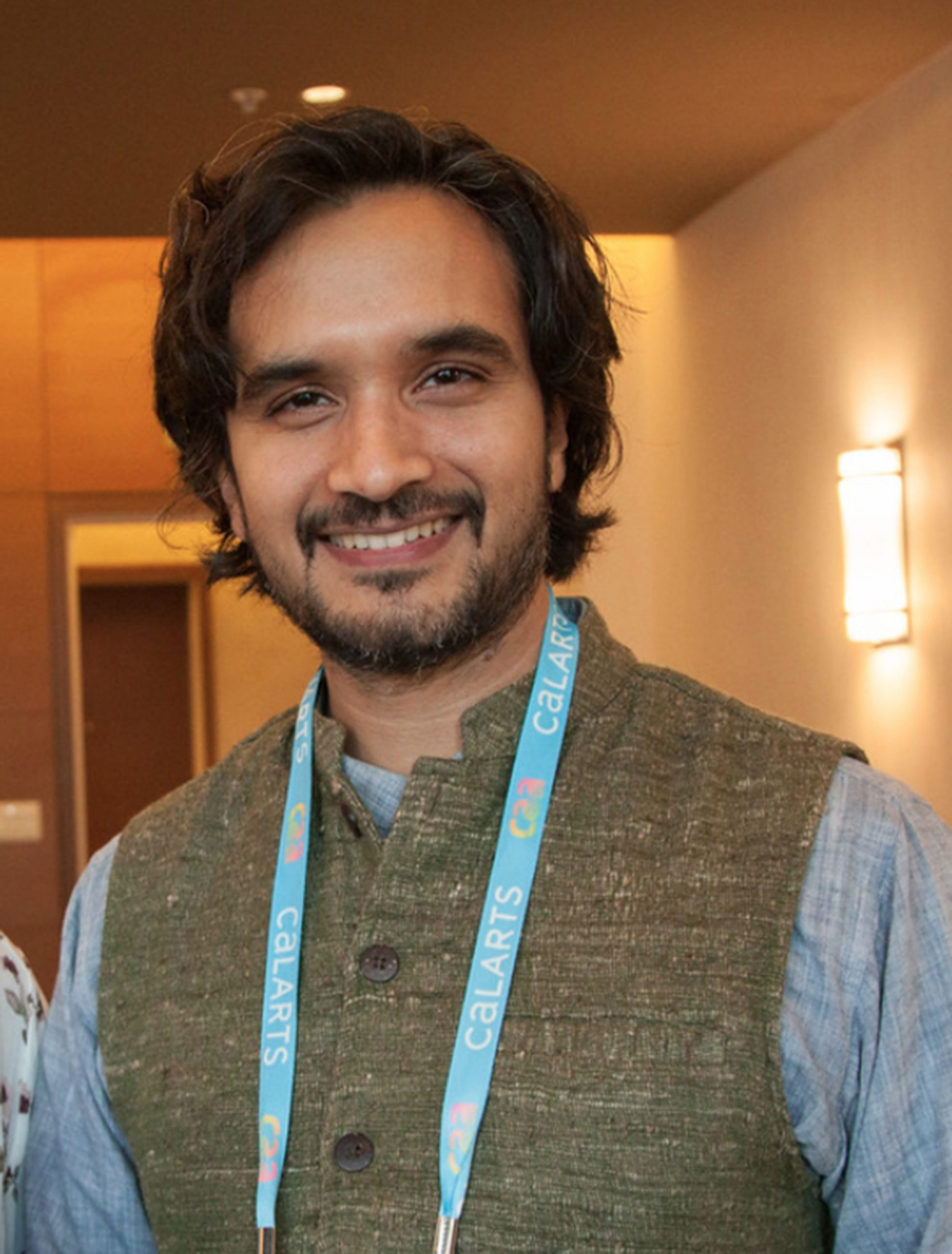Introductory humanities courses serve as the gateway to the rich world of arts and humanities education, captivating the interest of first-year students at institutions like Harvard. These courses are meticulously designed to ignite passion and curiosity among freshmen, as they explore the importance of humanities in understanding our human experience. The newly revamped humanities curriculum promises to engage students through innovative topics and fresh perspectives, ensuring that these courses captivate rather than alienate. This initiative, part of the broader Harvard humanities initiative, emphasizes the need to connect students with the fundamental questions that define our existence. By prioritizing engaging content and critical thinking, introductory humanities courses can transform the future of humanities education and restore vitality to these essential disciplines.
Fundamental courses in the liberal arts are crucial for nurturing an appreciation of cultural studies, particularly for newcomers to academia. These foundational classes introduce first-year scholars to diverse fields like literature, philosophy, and visual arts, promising engagement through thought-provoking themes. The revitalization of these basic offerings reflects a commitment to making the study of the liberal arts more inclusive and appealing, especially to those exploring their academic pathways. In this context, the burgeoning framework for introductory humanities education merges traditional insights with contemporary issues, facilitating meaningful dialogues about the complexities of human life. By drawing on historical narratives and modern dilemmas, these courses address the pressing need for a deeper understanding of our shared cultural heritage.
Engaging First-Year Students with the New Humanities Curriculum
In an effort to revitalize student interest in the arts and humanities, Harvard’s new humanities curriculum aims to attract first-year students by introducing innovative, engaging introductory courses. Designed to illuminate the intrinsic value of humanities education, these courses are pivotal in helping students navigate their academic journeys. By addressing the issues of declining enrollment, Dean Sean Kelly emphasizes the importance of refocusing the curriculum to make it relevant and accessible to contemporary students. This educational strategy not only counters statistical trends showing that many first-years lose interest, but it also fosters lasting connections to the humanities that can guide their future academic pursuits.
The introduction of these engaging courses is essential for bridging the gap between students’ high school experiences and the complex, rich offerings of arts and humanities education at Harvard. Classes such as “Introduction to the Medical and Health Humanities” and “Culture in Context” are tailored to resonate with the interests and life experiences of first-year students. As they delve into various aspects of human culture and expression, students will develop critical thinking and analytical skills that build a strong foundation for their academic careers. This initiative ultimately seeks to inspire a new generation of humanities scholars and advocates.
The Importance of Arts and Humanities Education
The role of arts and humanities education in shaping well-rounded individuals cannot be overstated. As students embark on their academic journeys, exposure to diverse fields within the humanities equips them with critical skills needed to engage with the world meaningfully. From understanding complex philosophical concepts to analyzing cultural texts, a robust humanities curriculum allows students to explore questions of human existence and societal values. This exploration is vital in fostering empathy and a deeper appreciation for the narratives that shape our lives.
Moreover, the study of humanities encourages students to think critically about their place in society and the impact of art and literature on cultural discourse. Engaging with these subjects gives students tools to navigate ethical dilemmas and understand various perspectives, enhancing their ability to communicate effectively across cultural boundaries. Ultimately, the importance of humanities lies not just in vocational outcomes, but in shaping empathetic, informed citizens capable of participating richly in democratic society.
Innovative Approaches to Introductory Humanities Courses
One of the hallmarks of the newly redesigned introductory humanities courses is their innovative approach to material and teaching methods. Professors are encouraged to explore contemporary themes and relevant issues that resonate deeply with students’ everyday lives. For instance, courses like “Bob Dylan the Classic” utilize the work of modern artists to discuss critical cultural movements, linking historical context to today’s societal questions. This technique not only captures students’ interests but also illustrates the continuing relevance of humanities in understanding contemporary phenomena.
Furthermore, the forward-thinking curriculum integrates interdisciplinary perspectives, inviting collaborations between different humanities fields. By combining elements from literature, philosophy, film studies, and visual arts, these courses provide a holistic view of cultural phenomena. For students, this means a richer, more nuanced educational experience that reflects the interconnectedness of knowledge across disciplines. Such innovative teaching strategies are essential in creating compelling introductory experiences that attract and retain students in the arts and humanities.
Harvard’s Humanities Initiative: A Call for Meaningful Engagement
Harvard’s humanities initiative spearheaded by Dean Sean Kelly is a critical response to the decline in arts and humanities enrollment across the nation. This initiative is centered around creating a curriculum that not only engages students but also underscores the meaning and importance of studying these fields. By launching nine new introductory courses, the initiative calls for faculty to rethink traditional pedagogical approaches and to emphasize what makes the humanities compelling. This reimagined focus aims to ignite a passion for exploration and discovery in students, encouraging a lifelong engagement with the arts and humanities.
In addition to enhancing course offerings, the initiative seeks to foster a collaborative environment among students, faculty, and the broader community. By emphasizing the intrinsic value of humanities – such as understanding human experiences and cultural expressions – the initiative aims to dispel misconceptions that humanities subjects lack practical importance. Dean Kelly envisions a landscape where students begin to see humanities education not just as a means to an end, but as a vital component of their personal and intellectual growth.
Building a Vibrant Arts and Humanities Culture at Harvard
Creating a vibrant arts and humanities culture begins with the successful implementation of engaging introductory courses that resonate with students on a personal level. As Harvard’s faculty revamps the curriculum, they are not just teaching to fulfill academic requirements but are striving to cultivate a space where students can deeply connect with the material. This commitment to student engagement is essential in inspiring first-years to explore their passions within the arts and humanities and to consider the disciplines as integral to their education.
Moreover, fostering a supportive environment within these courses can encourage students to participate in discussions and collaborative projects that enhance their learning experiences. By integrating group work, creative assignments, and inviting guest speakers from various cultural backgrounds, these courses aim to create a community of inquirers who appreciate the multifaceted nature of humanities education. This approach not only enriches the educational process but also empowers students to contribute critically to their collective human experience.
The Role of Creative Writing in the Humanities Curriculum
Creative writing serves as a vital component of the new humanities curriculum, enhancing students’ understanding of narrative development and cultural expression. By focusing on not just the reading of texts but also the writing process, courses such as “Reading for Fiction Writers” emphasize the interplay between critical reading and creative output. This dual focus allows students to appreciate the nuances of storytelling while contributing their voices to the literary landscape.
Understanding how narratives are constructed aids students in articulating their thoughts and feelings more effectively, fueling their creative instincts. The convergence of critical and creative methodologies within the humanities illustrates the importance of diverse skills in personal and academic growth. By nurturing creativity alongside analytical reasoning, these courses prepare students not only to write compelling stories but also to engage thoughtfully with the world around them.
Fostering Empathy Through the Study of Humanities
The humanities play a crucial role in fostering empathy among students, an essential quality for understanding complex social issues. Courses that delve into diverse cultural narratives prompt students to engage with perspectives outside their own experiences. By examining literature, art, and philosophical inquiry from various cultures and eras, students cultivate a deeper appreciation of human experiences, connecting with others in profound ways.
Furthermore, the exploration of themes such as love, grief, and social justice within the humanities helps students to grapple with their own emotions and the experiences of others. This empathetic engagement not only enriches their academic pursuits but also prepares them to be thoughtful, compassionate individuals in their communities. Ultimately, studying humanities enables students to appreciate the shared human experience, forging connections that transcend boundaries.
Career Pathways in the Humanities
One of the misconceptions surrounding humanities education is its perceived lack of direct career pathways. However, the new humanities curriculum is designed to address this concern by demonstrating how skills learned in these courses translate into diverse professional fields. Analytical reasoning, strong writing abilities, and cultural competency are essential skills in various careers, including law, education, public policy, marketing, and more. By highlighting these outcomes, Harvard aims to reshape perceptions about the value of pursuing an arts and humanities education.
Moreover, the initiative prepares students for the complexities of the modern workforce by infusing experiential learning into the curriculum. Opportunities for internships, community engagement projects, and interdisciplinary collaborations offer students practical experiences that complement their academic understanding. By providing a clear connection between classroom learning and career opportunities, the humanities initiative reinforces the significance of these disciplines in preparing students for meaningful, impactful careers.
The Future of Arts and Humanities at Harvard
As Harvard embarks on this transformative journey within the arts and humanities, the future looks promising for those who engage with these fields. The introduction of innovative courses and a focus on making the humanities accessible to all first-year students is just the beginning. The ongoing commitment by faculty and administration to foster a rich and diverse curriculum reflects a broader recognition of the importance of arts and humanities education in modern society.
Looking ahead, Harvard’s initiatives may set a precedent for other institutions grappling with similar enrollment challenges in the humanities. By actively addressing student interests and emphasizing the significance of these disciplines, educational institutions across the country can inspire a resurgence in the arts and humanities. Through continued advocacy, innovative strategies, and a communal approach to learning, the future of arts and humanities education can indeed thrive.
Frequently Asked Questions
What are the new introductory humanities courses being offered this year?
This year, as part of a new humanities curriculum initiative at Harvard, nine introductory humanities courses are being offered. These courses aim to engage first-year students with innovative topics and diverse perspectives in arts and humanities education.
Why is there a focus on engaging first-year students in introductory humanities courses?
The initiative to engage first-year students in introductory humanities courses stems from the nationwide decline in enrollment in these fields. The goal is to inspire students by emphasizing the importance of humanities and helping them understand its intrinsic value.
What topics will be covered in the new introductory humanities courses?
The new introductory humanities courses will cover a range of topics including migration and border crossing in film, medical and health humanities, and the relationship between language and thought, all designed to pique the interest of students and demonstrate the importance of humanities in understanding human culture.
How do introductory humanities courses influence students’ perspectives on arts and humanities education?
Introductory humanities courses are designed to shift students’ perspectives by enabling them to grasp the significance of studying great literature, philosophy, and art. This exposure helps students recognize the intrinsic value of humanities education beyond mere career preparation.
What strategies are being implemented to improve the appeal of introductory humanities courses?
To improve the appeal of introductory humanities courses, faculty are rethinking course designs and content. They focus on engaging themes and fundamental human questions that resonate with students, thus fostering a deeper interest in the arts and humanities.
How does Harvard’s humanities initiative aim to redefine the introductory courses?
Harvard’s humanities initiative aims to redefine introductory courses by moving away from traditional canon debates and focusing on what truly matters in the humanities. This encompasses exploring pivotal questions that engage students in a meaningful exploration of the human experience.
Why is it important for students to take introductory courses in arts and humanities?
It’s important for students to take introductory courses in arts and humanities because these courses provide foundational knowledge and critical thinking skills essential for a well-rounded education, enabling them to engage thoughtfully with various aspects of human culture and identity.
What impact can humanities courses have on a student’s future career path?
Humanities courses, while not always directly linked to a specific career, equip students with essential skills in analytical thinking, communication, and creativity, which are invaluable in any field, thus enhancing their overall career readiness.
In what ways do introductory humanities courses contribute to personal growth?
Introductory humanities courses contribute to personal growth by fostering critical reflection on human experiences, values, and society. They encourage students to engage with complex ideas and narratives that shape their understanding of the world.
How can students make the most out of their introductory humanities courses at Harvard?
Students can maximize their experience in introductory humanities courses at Harvard by actively participating in discussions, engaging with the material, seeking connections between the texts and personal experiences, and exploring diverse perspectives to enrich their understanding of the humanities.
| Key Points | Details |
|---|---|
| Initiative to Revamp Introductory Humanities Courses | Dean Sean Kelly has introduced nine new courses to engage first-year students in arts and humanities. |
| Decline in Enrollment | About 12% of first-years are interested in humanities, but only half continue in the field due to lack of engaging introductory courses. |
| Inspirational Course Design | Courses aim to inspire students through engaging content rather than traditional texts, addressing the ‘Canon Wars’ effects. |
| Examples of New Courses | Courses will include topics such as medical humanities, migration in film, and the philosophical exploration of language. |
| Courses by Notable Professors | Renowned professors will teach courses designed to stimulate interest and engagement in the humanities. |
| Focus on Intrinsic Value | Kelly emphasizes the importance of understanding the intrinsic value of humanities, beyond their instrumental use. |
Summary
Introductory humanities courses are essential for fostering a love for the arts and humanities among first-year students. With the new initiative led by Dean Sean Kelly, the introduction of nine engaging courses is set to revitalize student interest in these vital fields. By focusing on intrinsic values such as self-exploration and cultural understanding, these courses promise to captivate students at the beginning of their academic journeys, ensuring that they appreciate the richness of human experience and thought.



